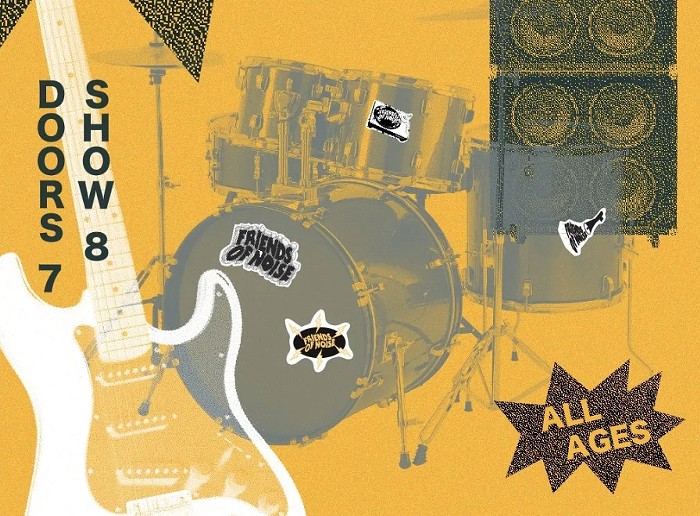SEU JORGE recalls his countryman Gilberto Gil as more than a lean frame and chestnut complexion. In the twilight of an intrepid music career, Gil, a doctor's son, ascended to the Brazilian cabinet whereas the ghetto-reared Jorge—whose star has been inching up since his standout appearance in the 2002 Oscar-nominated film City of God—stumped hard on the phone from his São Paulo home before setting off on tour with his new band Almaz. "The time is now... [Brazil] has a very strong economy and new confidence about the future." One Obama-esque mention of "change" later and Jorge concludes, "That's the good news I want to send to the world."
Jorge, born Jorge Mário da Silva in 1970, pairs Brazilian boosting with wonder about his unexpected station in life. After all, he sprouted from hope-bled Rio de Janeiro slums, favelas in Brazilian Portuguese parlance, akin to those featured in City of God. "I never imagined when I grow up I will be musician," Jorge says in spotty English, lauding his unschooled mother and amateur percussionist father for endowing him with hope.
Jorge's guileless baritone, occasionally awkward and thin, is the harbinger on his new release, Seu Jorge and Almaz, a bilingual collection of mostly covers, with his stark reimagining of Roy Ayers' "Everybody Loves the Sunshine" as lead single. Ayers was a recent discovery and Jorge, though admiring of Ayers' toasted '70s funk, is coolly matter-of-fact in his delivery. His Almaz bandmates, drummer Pupillo, guitarist Lucio Maia, and bassist Nação Zumbi, add psychedelic flourishes that lightly hearken back to the Gil-led '60s musical movement, Tropicália, and its politically unsettling genre promiscuity. The result is as quietly compelling as Jorge's David Bowie covers in Wes Anderson's 2004 film The Life Aquatic with Steve Zissou.
Seu Jorge and Almaz finds the singer/actor trading Ziggy Stardust for the gloved one, among others. His "hero" Michael Jackson's "Rock with You," sheared of the King of Pop's signature sparkle, becomes a rough entreaty. Kraftwerk's "The Model," Cane & Able's "Girl You Move Me," and Brazilian pop tunes populate the album but the sound is as rooted in samba as it is resolute in new approaches to it. Jorge finds Brazilian artists too reliant on the traditional, but when he talks about samba it's apparent why. "I don't have a vocabulary for express my feelings but, trust me, it's the best thing in the whole world... you not have a president or poor people. Everybody is the same." Jorge's career buffers him from Brazil's deep class stratification but his old favela neighbors and the many managing similar lots can take respite in samba, a slice of life in the sunshine, a shared beat on the dance floor. The ethic and sonic that samba is, Jorge works to embody.
Pivoting away from Brazil is Jorge's strategy to slouch the world toward her. "We try to show another point of view," Jorge says of the slinky new album. Hope is a thread, from pit-of-stomach passion to redemption, and the sales pitch more nuanced than his Bureau of Tourism and Travel spiel. Blame it on his limited English lexicon. Jorge's musical vocabulary is sufficiently deep and idiosyncratic to express his feelings. Good news is Seu Jorge & Almaz puts it to poignant use.



















